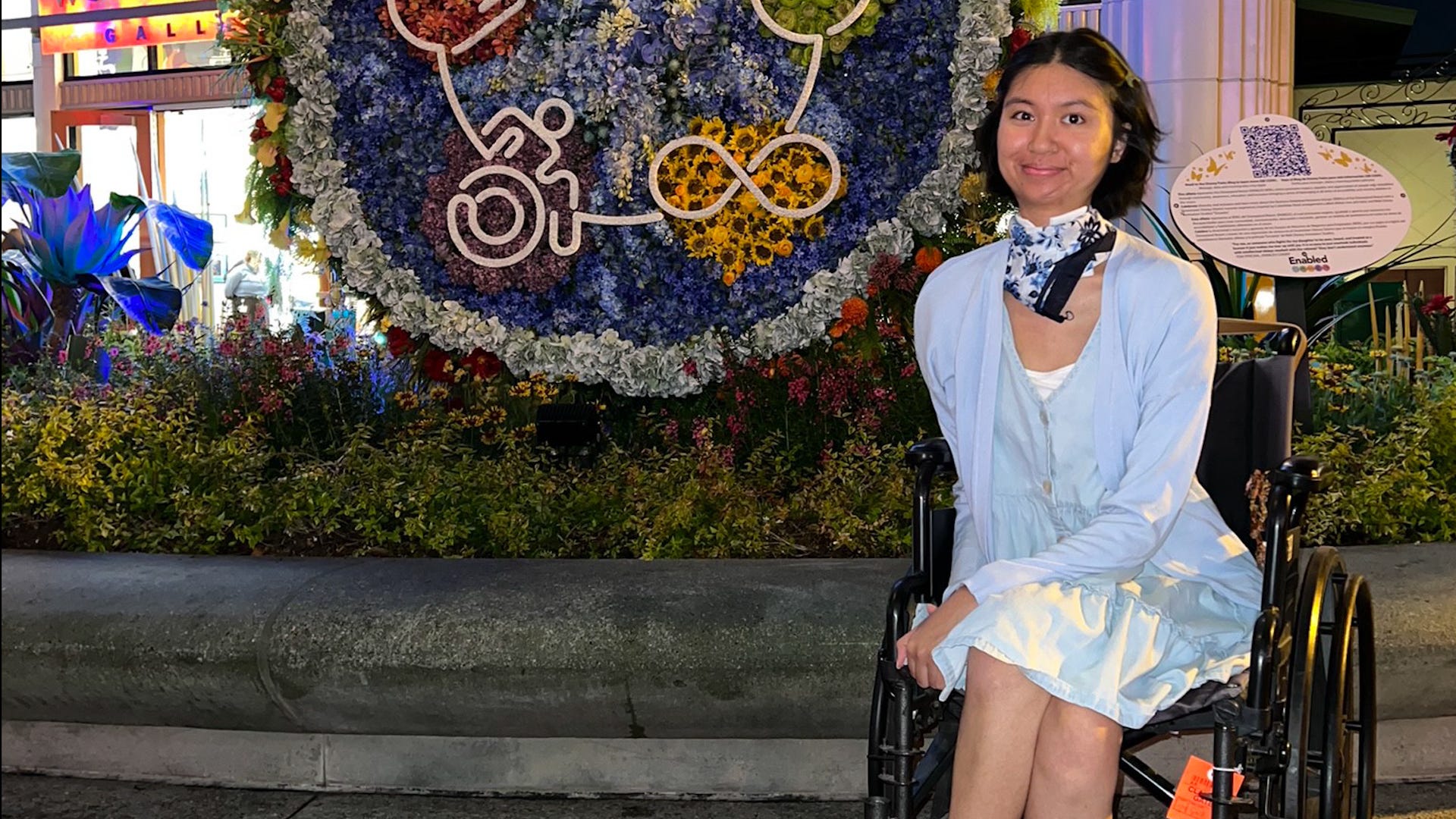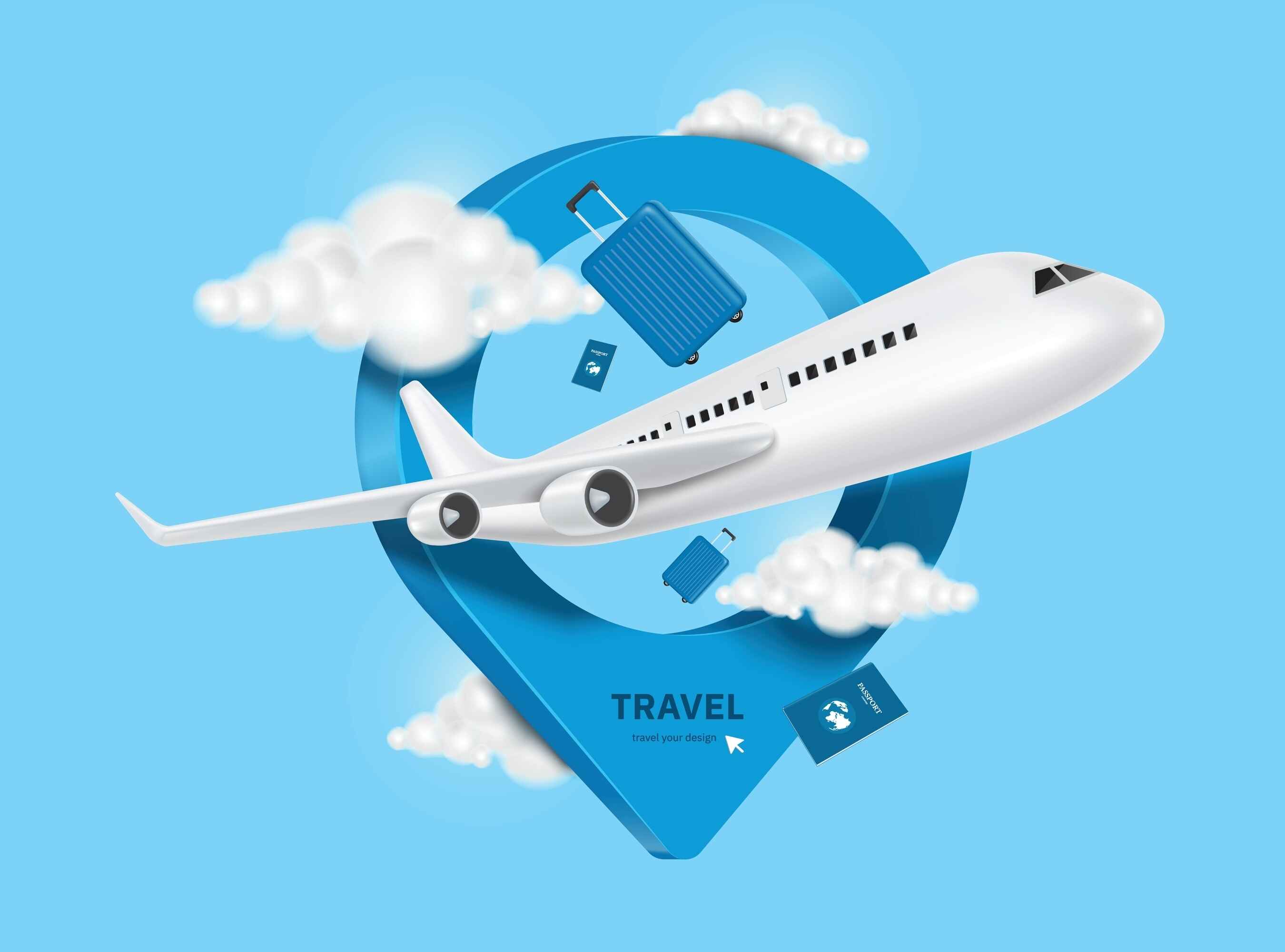Class-action Lawsuit Filed Over Changes To Disney’s Disability Access Service (das)

A California woman is suing Disney Parks and Resorts over its accommodations for guests with disabilities, specifically its Disability Access Service (DAS).
Despite its all-encompassing name, DAS is just one of many accommodations available at Disneyland and Walt Disney World. Last year, Disney overhauled DAS to clarify its intended audience and change the way guests register for it. In so doing, it eliminated eligibility for some people who may have previously qualified for DAS.
A class-action lawsuit filed this week alleges the new practices “systematically discriminate against individuals with physical disabilities and violate their rights to equal access, privacy, and dignity,” but Disney says the claims are “without merit.”
Here’s what to know.
Disney’s Disability Access Service allows users to spend less time waiting in a traditional queue for attractions.
Guests approved for DAS wait just as long as guests in the standby line, sometimes a little longer, but they don’t have to physically stay in the queue. Instead, they can join the line virtually, wait out the designated time elsewhere in the park, and then return to the attraction for a shorter in-person wait.
Story continues below.
Disneyland and Disney World’s websites state that DAS is designed for guests “who, due to a developmental disability like autism or similar, are unable to wait in a conventional queue for an extended period of time.”
The developmental disability wording was added last year. Prior to that, it was simply for guests “who have difficulty tolerating extended waits in a conventional queue environment due to a disability.”
At the time of the change last May at Disney World and last June at Disneyland, Disney noted DAS had become the most requested service at its parks and its user volume had far eclipsed its intended audience, making it harder on guests who needed it.
The plaintiff is identified as Trisha Malone of San Diego. The lawsuit describes her as having “a physical disability as defined under the Americans with Disabilities Act (ADA) and the Unruh Civil Rights Act.”
Unruh is a California law that “provides protection from discrimination by all business establishments in California, including housing and public accommodations, because of age, ancestry, color, disability, national origin, race, religion, sex and sexual orientation,” according to the state’s Department of Rehabilitation.
According to the lawsuit, Malone applied for DAS based on her physical disability and was “denied on the grounds that she did not meet Disney’s newly imposed eligibility criteria, despite her willingness and ability to present evidence that her disability prevented her from safely waiting in extended waiting queues.”
In a statement to USA TODAY, McCune Law Group, which is representing Malone, said: “Disney has arbitrarily determined that a wide range of disabilities do not qualify as such under the ‘Disability Access Service’ program.”
The lawsuit names both Disney Parks and Resorts and Inspire Health Alliance, LLC as defendants.
Disney Parks and Resorts encompasses all Disney parks, but the lawsuit filed with the Superior Court of California, County of Orange, primarily addresses Orange County-based Disneyland and repeatedly cites California laws.
Inspire is identified as a California-based health care provider contracted to help screen guests seeking DAS accommodations. As part of the registration process, guests are interviewed about why they need the service.
The lawsuit claims Disney “imposed discriminatory and arbitrary eligibility criteria, that required unnecessary public disclosures of sensitive medical information.”
It says Malone and fellow guests had to share private medical information within earshot of other cast members and guests, claiming that violated the California Confidentiality of Medical Information Act and HIPAA, as medical details were collected in non-private settings. Disneyland guests can register for DAS online or in person at an Accessibility Services Kiosk in the esplanade between Disneyland and Disney California Adventure. Disney World’s DAS registration is all online.
The lawsuit also claims that by ruling out guests with physical disabilities, Disney denies them “the accommodation required to enjoy full access” to its properties. It says, “Disney must provide an equal opportunity for all individuals whose disabilities prevent them from using conventional queues, regardless of whether their disabilities are developmental, physical, or otherwise.”
The lawsuit further claims Disney coerced registrants to sign “deceptive terms and conditions,” including a class action waiver, before being able to interview for DAS.
The lawsuit asks, among other things, for "certification” for people with physical disabilities who were denied DAS after the eligibility changes. A letter included in the legal complaint also requests that language limiting DAS qualifications to developmental disabilities be removed.
A separate Change.org petition by a grassroots advocacy group DAS Defenders also calls on Disney to revert to its former DAS policies. It has over 33,000 signatures.
In a statement to USA TODAY, Disney said:
“Disney is committed to providing a great experience for all who visit our theme parks, and particularly our guests with disabilities who may require special accommodations. Disney offers a broad range of effective disability accommodations and has worked extensively with experts to ensure that our guests’ individual needs are properly matched with the accommodation they require, and we believe the claims in this complaint are without merit.”
Other queue-related options include Attraction Queue Re-entry or Meet-Up, Rider Switch and Location Return Times for guests with mobility devices or other physical needs that can’t be accommodated in older, non-wheelchair-accessible attraction queues. (The lawsuit calls these inadequate.)
Additional accommodations for guests with varying disabilities include but are not limited to American Sign Language interpretation, handheld devices for guests with vision or hearing-related disabilities, braille guidebooks and maps, and sensory guides for attractions.


